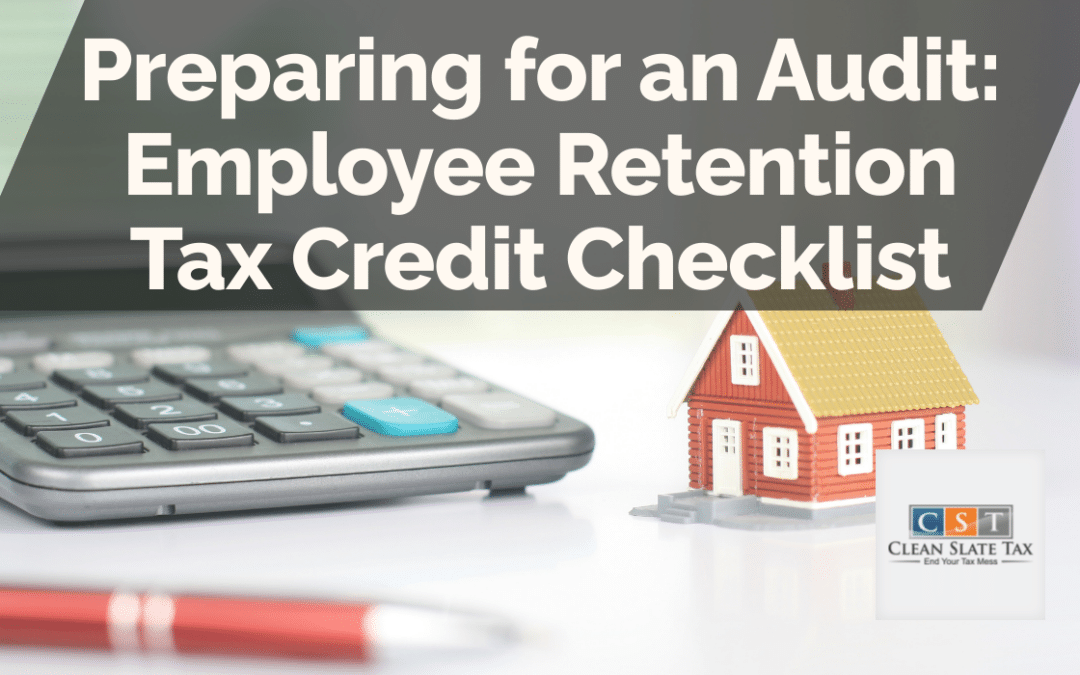In the current economic context, the need for maneuvering through financial audit preparation is palpable. Notably, businesses globally rely on the Employee Retention Tax Credit (ERTC) mechanism to incentivize economic stability during adverse conditions. In turn, these entities must always be ready for an audit. This article aims to provide an easy-to-follow checklist in preparing for an audit related to the ERTC.
Understanding the Basics of ERTC
The Employee Retention Tax Credit is a refundable tax credit designed to encourage businesses to keep their staff employed during challenging economic periods. Businesses that have experienced economic hardship due to Covid-19 are specifically eligible for this relief.
The Importance of Audit Preparation
Ensuring that your business is ready for an ERTC audit at all times ensures that you demonstrate full compliance. It mitigates risks associated with potential penalties, enables seamless business procedures, and increases your credibility.
Audit Preparation Checklist
- Prepare Relevant Records: Gather all pertinent financial statements, receipts, and payroll details. You should also have your Form 941, Employer’s Quarterly Federal Tax Return or Form 944, Employer’s ANNUAL Federal Tax Return immaculately prepared.
- Determine Eligibility: Ensure that you meet the eligibility criteria defined by the government. This information includes demonstrating that you have seen a significant decrease in gross receipts or have been compelled to wholly or partially suspend your operations.
- Understand Wage Determination: Grasp an understanding as to how qualified wages are determined. This factor is dependent on the size of your business and the number of full-time employees you possess.
Frequently Asked Questions
What is the Employee Retention Tax Credit?
The ERTC is a refundable tax credit available for eligible employers who retain their employees during periods of financial distress, especially due to Covid-19 circumstances.
What are the benefits of preparing for an audit?
Being prepared for an audit not only reduces stress and uncertainty but also enables smooth operational procedures and enhances the credibility of a business.
Who is eligible for the ERTC?
Businesses that have experienced a significant decline in gross receipts or have been forced to suspend operations partially or completely due to government orders are eligible for the ERTC.
With this audit checklist in hand, businesses can approach the ERTC audit process with improved confidence and efficiency. Always remember, preparation is key to avoiding any unnecessary stress or pitfalls during an audit. Stay prepared and stay compliant!





